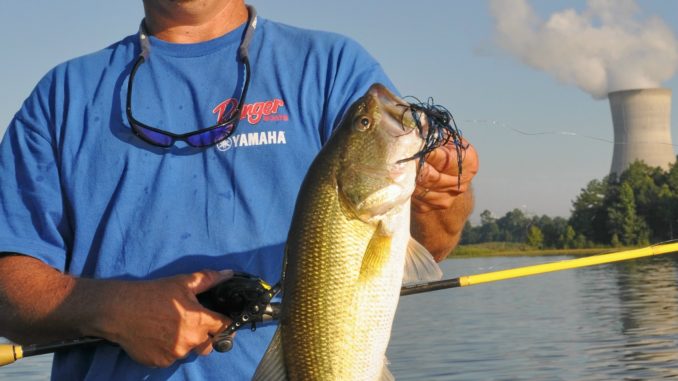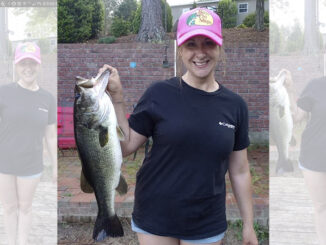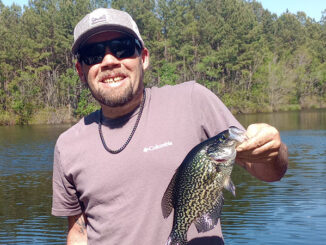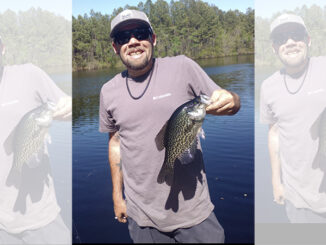
Company said boats have been doing recent water and fish sampling, but no vegetation poisoning
Anecdotal evidence sometimes points toward the truth, and sometimes it is just, well, anecdotal. That may be the case in the tale of Duke Energy’s attempts to spray and kill the aquatic grass in Shearon Harris Lake. Despite what it might look like to some, they likely didn’t happen.
Fishermen at Shearon Harris, a 4,200-acre lake between Raleigh and Sanford, have seen dead aquatic vegetation floating on the lake’s surface over the past two months, and some have seen Duke Power boats out, allegedly spraying the grass with what many believe to be a toxic chemical.
Evidence would seem to support that claim. But the evidence may be misinterpreted.
On Tuesday, a Duke Energy representative said that the company’s lead fisheries biologist say there has been no chemical spraying of primrose, hydrilla and milfoil – the three aquatic grasses that have helped Shearon Harris become one of North Carolina’s best fisheries for largemouth bass.
The same Duke Power representative said company boats have been on the lake recently, but for different purposes.
“A boat was out last Friday, testing an electro-fishing sampling rig, and it did have a container onboard to hold live fish,” said Kim Crawford of Duke Energy. “Last Thursday we also had a johnboat that sampled water quality and, yes, it did go into a lot of coves.”
Kirk Rundle, a fisheries biologist with the N.C. Wildlife Resources Commission whose home range includes Harris, said he hadn’t been notified of any Duke Energy plans to spray the lake’s shallow-water weeds.
To show how protective Shearon Harris anglers are, several years ago, N.C. State got permission to test a herbicide in one of the lake’s cove. After the test, rumors quickly spread NCSU was going to kill all the grass— which, of course, was untrue.
“N.C. State did a small, experimental spraying in one cove to test weed control, and a lot of people thought the entire lake had been sprayed,” Rundle said. “But that’s the only incident I know about. Duke hasn’t done any (spraying).”
Many anglers believe Duke Power is responsible for the floating mats of dead vegetation of various sizes at Harris.
To a point, they’re correct — but spraying didn’t harm the grass.
“The lake was dropped down 2 to 3 feet last winter, which killed some of the grass rooted in shallow water,” Duke Energy’s Crawford said. “Our lead scientists told me that’s what caused the grass to break loose and float to the surface after the lake level rose this spring and summer.”
Still, the spraying rumor is proving as hard to kill as crabgrass in a lawn.
“I know several people who work at the (Shearon Harris Nuclear Plant), and they told me (Duke) sprayed,” said a fishermen who spoke on condition of anonymity. “I have a friend who guides at Harris, and he saw the boat going into the creek above the (New Hill-Olive Chapel Road) bridge. All the grass is dead back there.”
Another angler said, “If you ask Duke what they’re doing, they’ll say they’re testing water quality, but that’s a bunch of cr*p.”
Rundle said if the quality of bass fishing declines at Harris, it will probably be because someone illegally stocked white perch in the lake.
“White perch numbers grow so fast (we) now let people catch them using a cast net, and there’s no (creel) limit,” he said. “But once they get into a lake, there’s really no way to remove them.”





Be the first to comment